FDI firms fall short on technology transfers

Last year, Samsung Electronics Vietnam earned the total export turnover of about $13 billion. “However, such turnover also means the firm had to spend about $12 billion importing equipment and spare parts for assembly in Vietnam,” said Carol Newman, a senior economist from Ireland’s Trinity College Dublin.
Newman cited Samsung’s case as a typical example about technology transfers to Vietnam at last week’s announcement of a firm-level competitiveness and technology survey conducted in Vietnam in 2012 by the Central Institute for Economic Management (CIEM) and Denmark’s Copenhagen University.
“Almost no technology transfers could be seen to have taken place via Samsung’s investments in Vietnam,” she said. “Though Samsung generates lots of jobs for local people, this may not actually contribute to Vietnam’s economic growth, because the government has granted huge incentives such as tax reductions to Samsung.”
Under the survey conducted in over 8,100 local enterprises which conduct business with both local and foreign enterprises, the rate of the respondents that had already received technology from local suppliers stood at 28.8 per cent, significantly higher than the 19.6 per cent which benefited from technologies sourced from foreign suppliers. The rate of respondents planning to receive technology from local suppliers stood at 34.9 per cent, higher than the 26.3 per cent rate from foreign suppliers.
Local senior economic expert Le Xuan Ba said: “One of the major targets of Vietnam’s foreign direct investment (FDI) policy is to lure new technology. However, these figures imply many things in the country’s FDI picture and FDI attraction policy.”
Do Ngoc Vinh, general secretary of Vietnam Coffee and Cocoa Association, said Vietnam had 15 coffee foreign invested enterprises (FIEs), but none of them had transferred any processing or cultivation technology to Vietnamese partners.
“We can’t access their business information, let alone their technology. For example, when we asked Nestle for some of their information, they refused,” Vinh told VIR.
Moreover, local capacity to receive new technology remains very weak.
The survey also revealed that only 10.2 per cent of the respondents said they had invested into research and development activities in 2011, while 86 per cent said they had conducted no technological research and improvements in 2012. Local firms cited the major obstruction to technological upgrades as being cost.
According to the Ministry of Science and Technology, 838 technology transfer contracts were approved between 1999 and June 2012, half of which were for foreign invested projects.
What the stars mean:
★ Poor ★ ★ Promising ★★★ Good ★★★★ Very good ★★★★★ Exceptional
Latest News
More News
- Rice exports set to break records (November 21, 2024 | 17:53)
- German Quickpack to invest $31.7 million in Long An province (November 20, 2024 | 09:31)
- Reporting still to fully reach global norms (November 18, 2024 | 17:06)
- Trump’s second term impacts sci-tech activities and industry 4.0 technologies (November 18, 2024 | 10:00)
- VLCA 2024 honours corporate governance excellence as listed companies raise the bar (November 18, 2024 | 09:00)
- Trump's trade policies could shape Vietnam's economic outlook: Dragon Capital (November 15, 2024 | 16:56)
- Prioritising corporate governance for Vietnam’s sustainable growth (November 14, 2024 | 16:50)
- Vietnam eyes nuclear revival to bolster energy security (November 14, 2024 | 16:46)
- German businesses explore investments in Dong Nai (November 08, 2024 | 18:02)
- Vietnamese consumer sentiment outperforms regional averages (November 08, 2024 | 18:00)




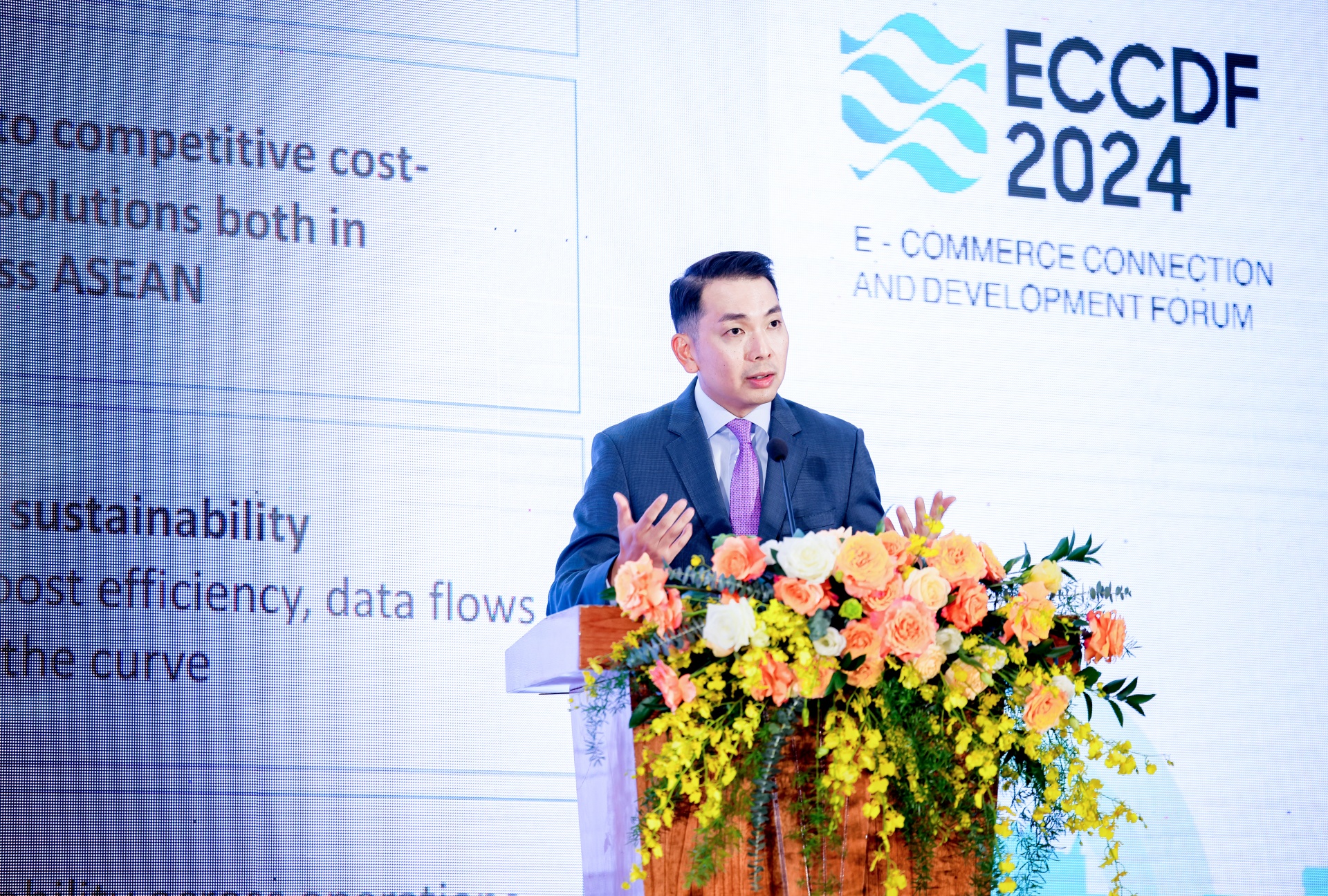
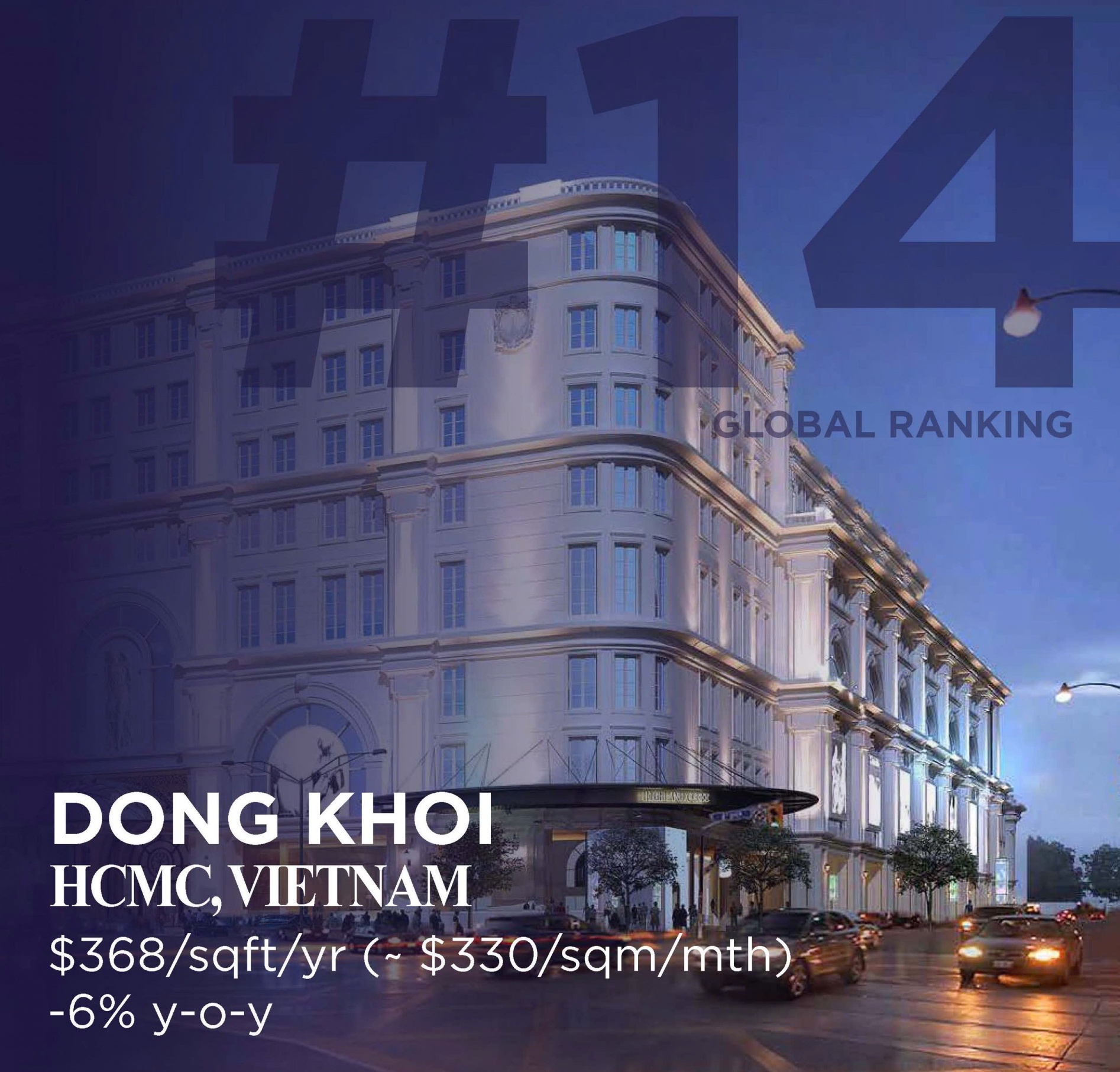
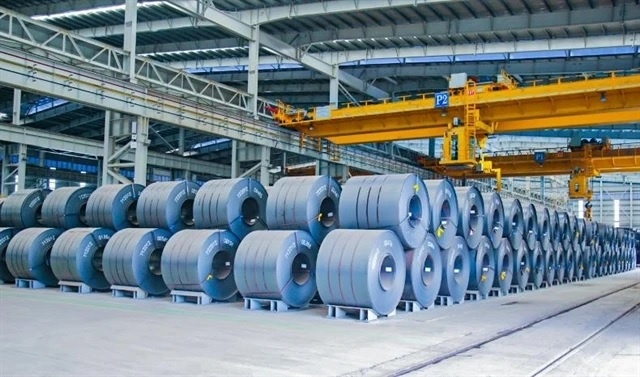
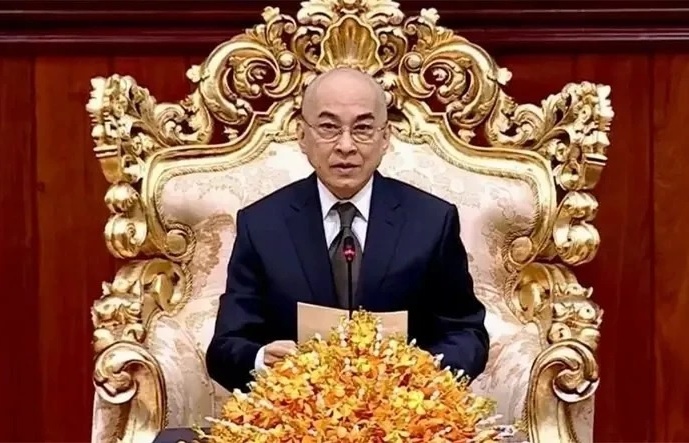
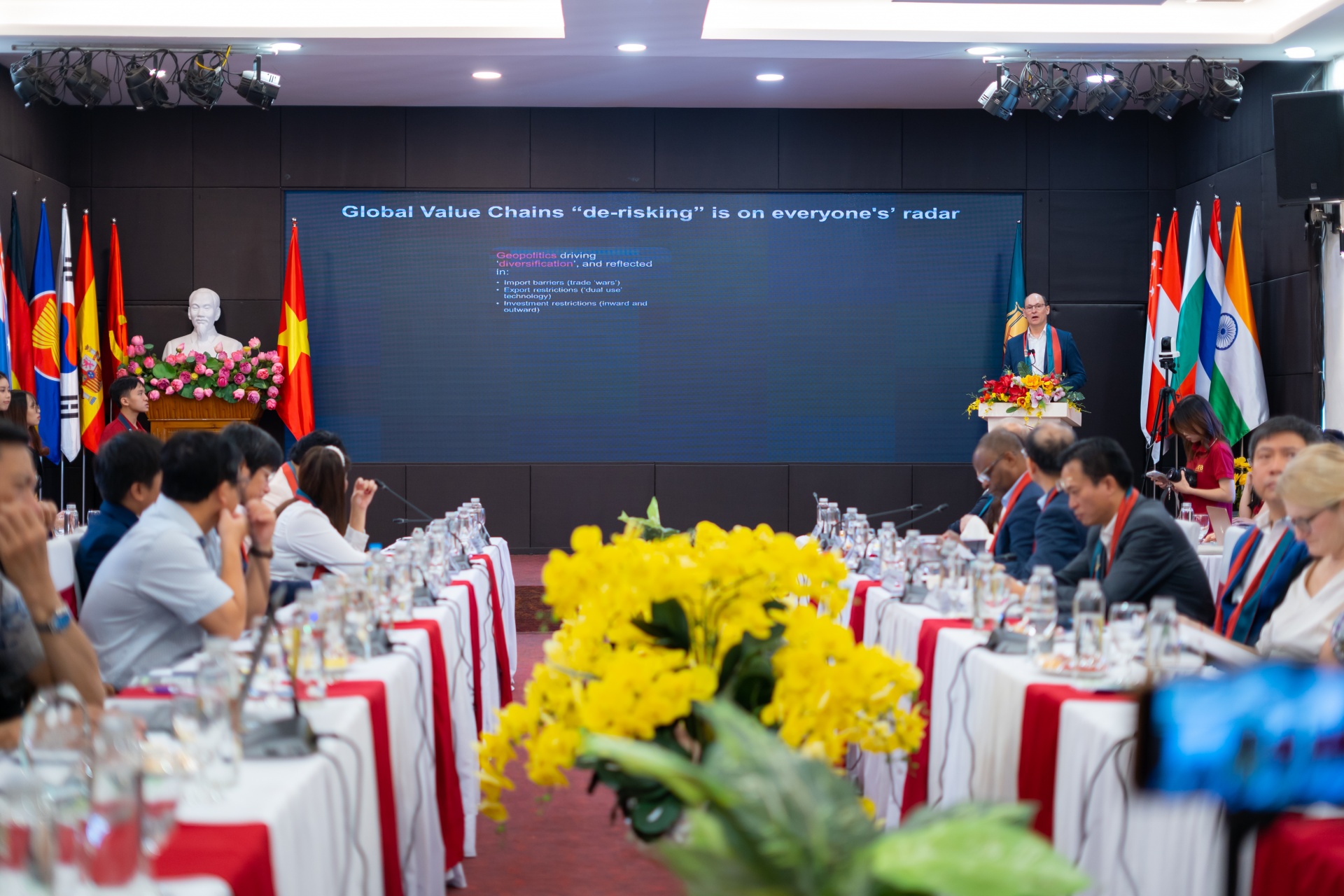
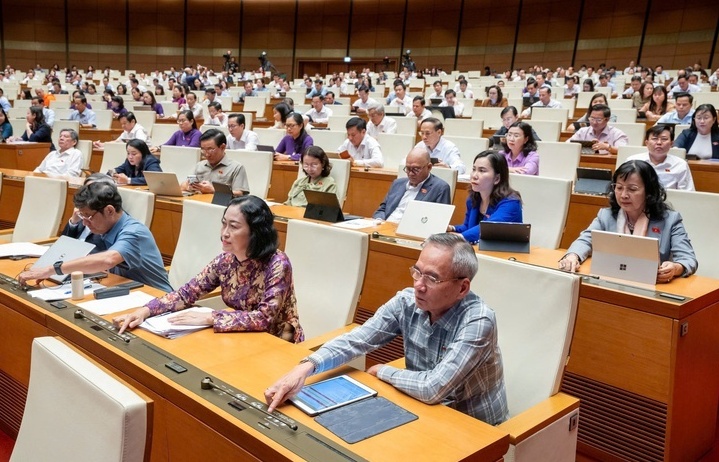



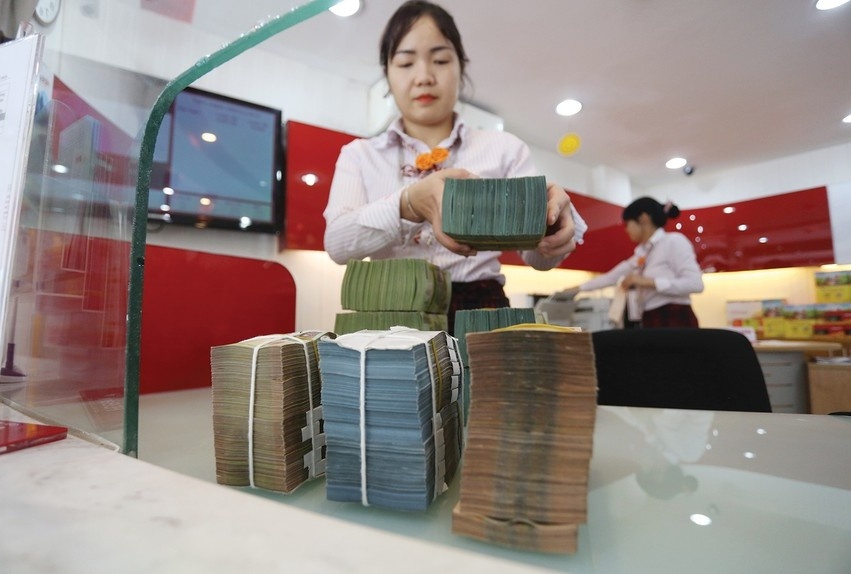
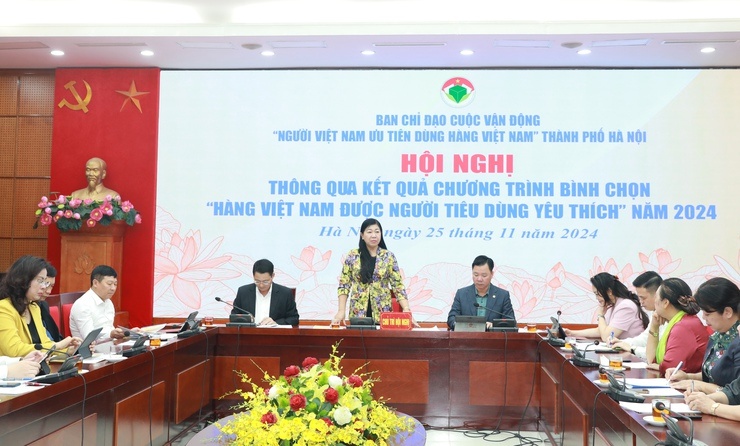
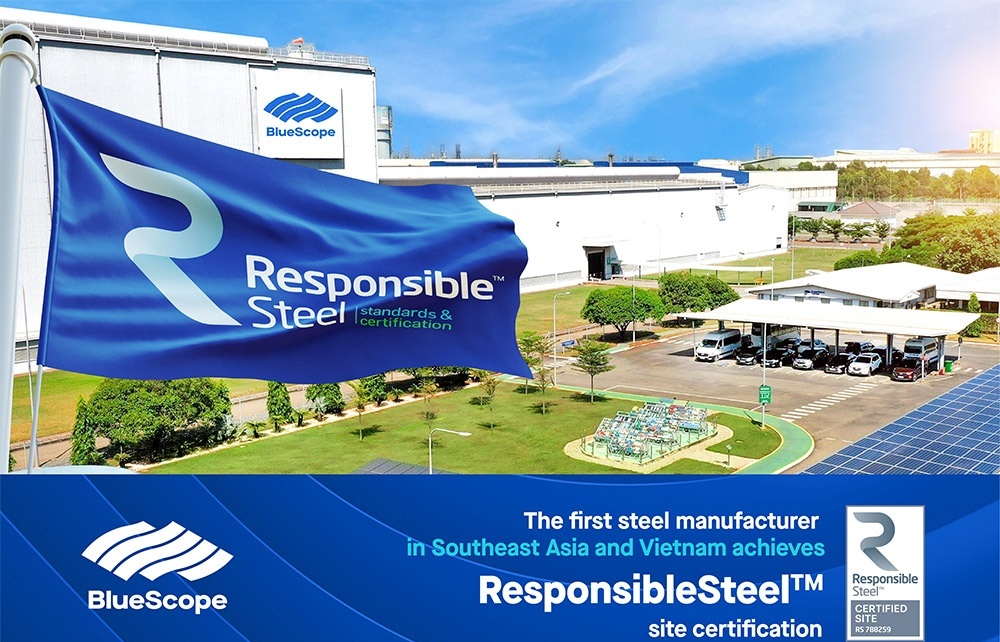



 Mobile Version
Mobile Version